According to the General Statistics Office, Vietnam has about 1 million people with autism spectrum disorder (ASD) - a neurodevelopmental disorder characterized by deficits in communication and social interaction, accompanied by stereotyped and restricted patterns of behavior and interests. The rate of children with ASD is estimated at 1%. That is, for every 100 children born, there is 1 child with autism.
The first cases of autism in our country were officially recorded in the late 1990s. More than 25 years have passed, and the "youngest" of those first children are now nearly 30 years old. Hundreds of thousands of autistic children are now autistic young adults, and soon there will be autistic middle-aged and elderly people.
Autistic children have parents, relatives, and social security policies to support them. Meanwhile, social security policies for autistic adults and autistic seniors still have many gaps. That is the pain of millions of fathers and mothers with autistic children in adolescence and adulthood.
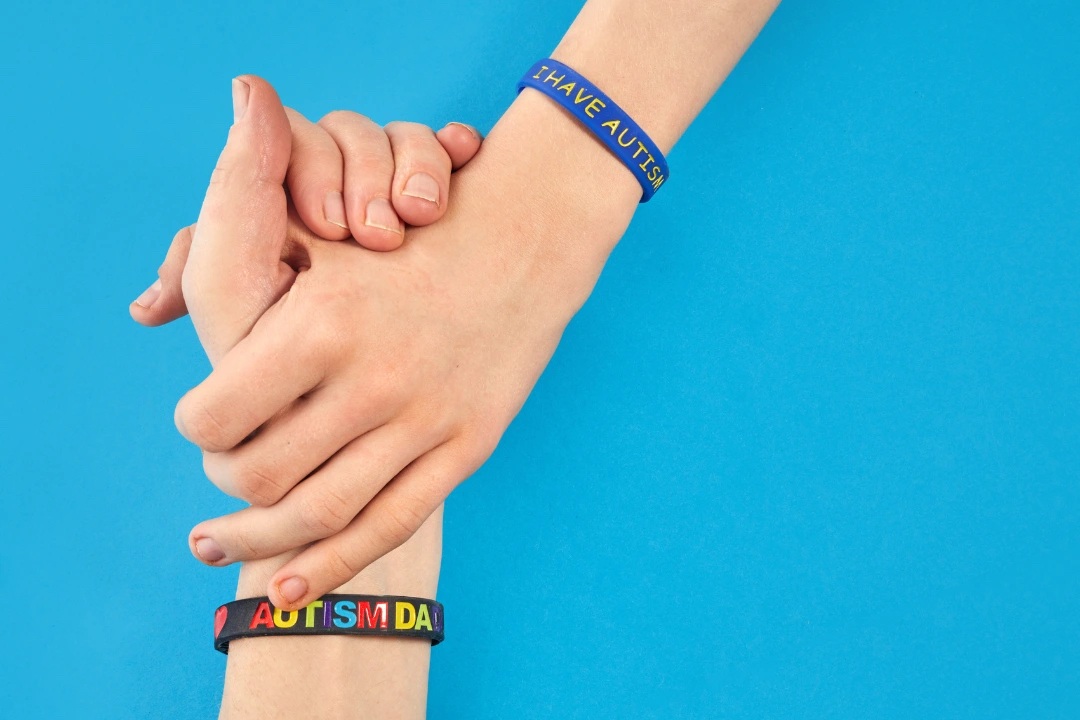
The first cases of autism in our country were officially recorded in the late 1990s (Illustration: CV)
My friend - a mother of an autistic child - said that the greatest happiness of parents with normal children is that there is always a tomorrow to hope for and look forward to. Today, if your child has a bad score, there is still a tomorrow to strive to get a 9 or 10. Today, if your child is foolish and makes mistakes, there is still a tomorrow to correct and improve. Today, if your child is immature and small, there is still a tomorrow to train to become strong, mature, and fly into the blue sky. As for parents with autistic children, there is no tomorrow, only a series of todays that continue endlessly. This is just my friend's personal story, but perhaps it also partly expresses the feelings of parents with autistic children.
As a child with autism grows older, the issues do not close, they only open. Adolescence is a time of emotional turmoil for any adolescent, and it is even more difficult for a child with autism. The limited ability to recognize and express their own emotions and understand the emotions of others makes a child with autism more likely to engage in uncontrolled behavior, including behaviors related to reproductive health.
Ms. Phan Thi Lan Huong - Director of the Center for Research on Children's Rights and the Career Guidance Project for Autistic Children - shared that her center has received cases of children masturbating whenever they have free time, even dragging their friends around them into it. Because they were not taught by anyone, were not guided by anyone, and did not have the ability to learn for themselves.
Communicating reproductive health knowledge to normal children is not an easy task, and it is even more difficult for autistic children. Except for relatives, perhaps no one cares that autistic adolescents also know how to like and have feelings for the opposite sex, and that autistic adults also know how to love.
That is one of the reasons why many autistic children going through puberty struggle with many co-morbidities such as stress, anxiety disorders, and depression.
When they are still children, they have the sympathy of society. Everyone thinks that a child needs to be cared for and protected. Children play together innocently and do not care much about the differences of their friends. But that sympathy and acceptance of differences will gradually decrease, in the opposite direction of the growth of autistic people.
Inclusive relationships are gradually broken. The burden of caring for autistic children is increasingly burdensome, gradually creating distance between siblings. It is impossible not to mention the high divorce rate in families with autistic children, leading to many autistic people being disconnected from their father or mother. Thus, autistic people complete the process of growing up in isolation and discrimination, in a social space that is reduced to the minimum.
At the recent discussion "What is the future for autistic children?", a father who has raised an autistic child for 18 years said as if he was about to cry: "What I worry about is not today - while I am alive and my child is still young, but tomorrow - when I pass away, what will happen to my child, who will he be dependent on?"
When autistic people lose a parent, the burden of caring for them is shifted to their siblings. For a long time, families taught their non-autistic children that they would have to care for their autistic siblings when their parents died. However, they soon realized that it was a huge responsibility, with enormous pressures that even they themselves sometimes thought they could not handle.
Not to mention, their non-autistic child will also have a family of his own. At that time, the husband, wife, and children of the family will have enough sympathy, understanding, and acceptance or not.
For a long time, government policies and social concerns have focused on efforts to help autistic people integrate and improve their social functions, without focusing on building a community for autistic people. Integration is important, but having a separate community is equally important. Because as experts say: No one can share and support autistic people better than autistic people. In that separate community, they are not discriminated against by normal people, and are accepted by people like them.
My sister-in-law, a mother of an autistic child, has spent many years trying to mobilize and raise funds to build a nursing home for autistic people in Quang Ninh. The house is still in the brick-collecting stage. I hope my sister and other mothers and fathers of autistic children will not be alone in the arduous journey of caring for their children’s future when they are old. A future that is so simple: having a place to live, to be accepted, to share and to depend on.
Author: Hoang Hong graduated from the Faculty of Journalism, Academy of Journalism and Communication. She has been involved in journalism for more than 15 years, specializing in social, cultural and educational topics.
The FOCUS column hopes to receive readers' comments on the content of the article. Please go to the Comments section and share your thoughts. Thank you!
Source: https://dantri.com.vn/giao-duc/tuong-lai-nao-cho-nguoi-lon-tu-ky-20250401184521593.htm


![[Photo] April Festival in Can Tho City](https://vstatic.vietnam.vn/vietnam/resource/IMAGE/2025/4/10/bf5ae82870e648fabfbcc93a25b481ea)

![[Photo] Opening of the 11th Conference of the 13th Party Central Committee](https://vstatic.vietnam.vn/vietnam/resource/IMAGE/2025/4/10/f9e717b67de343d7b687cb419c0829a2)


![[Photo] Prime Minister Pham Minh Chinh commends forces supporting Myanmar in overcoming earthquake consequences](https://vstatic.vietnam.vn/vietnam/resource/IMAGE/2025/4/10/e844656d18bd433f913182fbc2f35ec2)
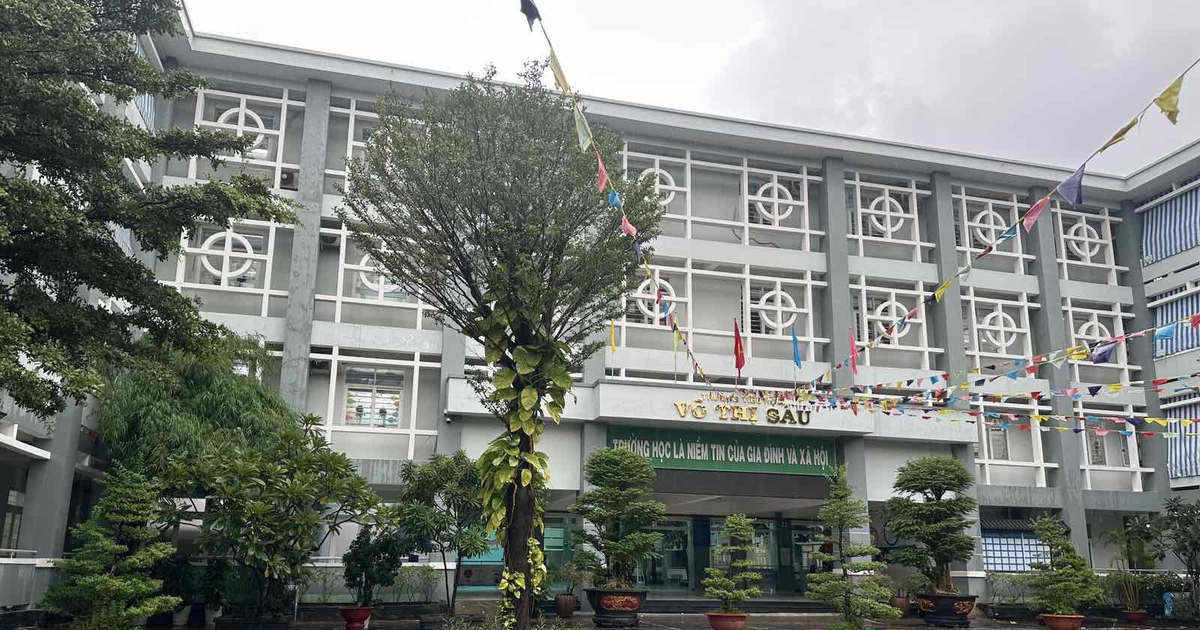
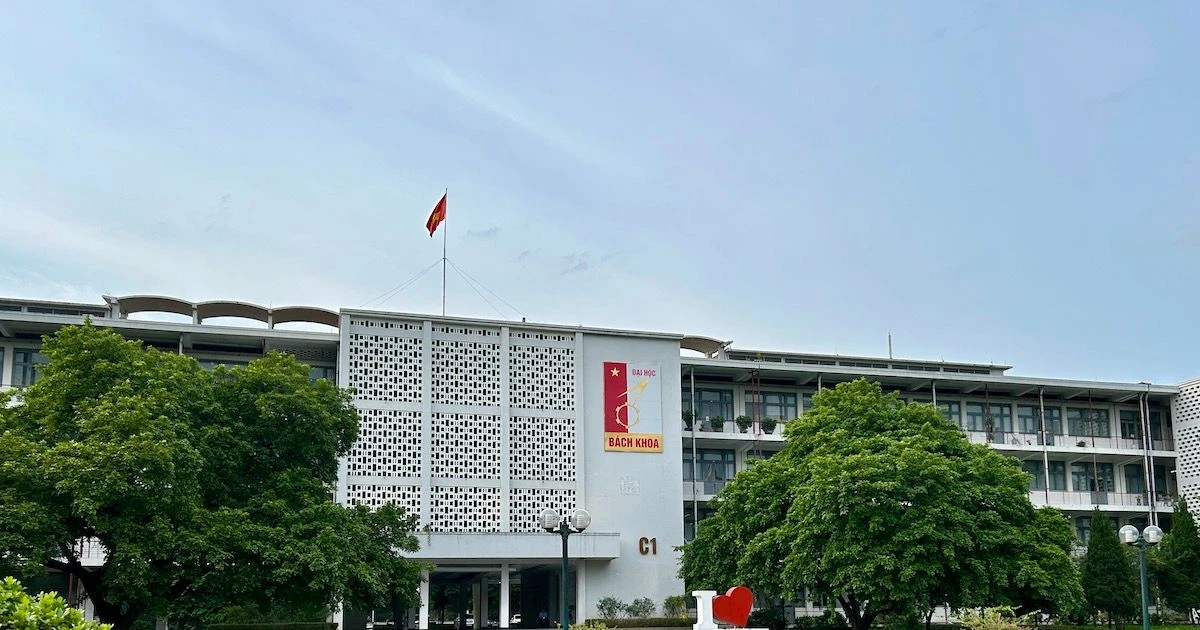
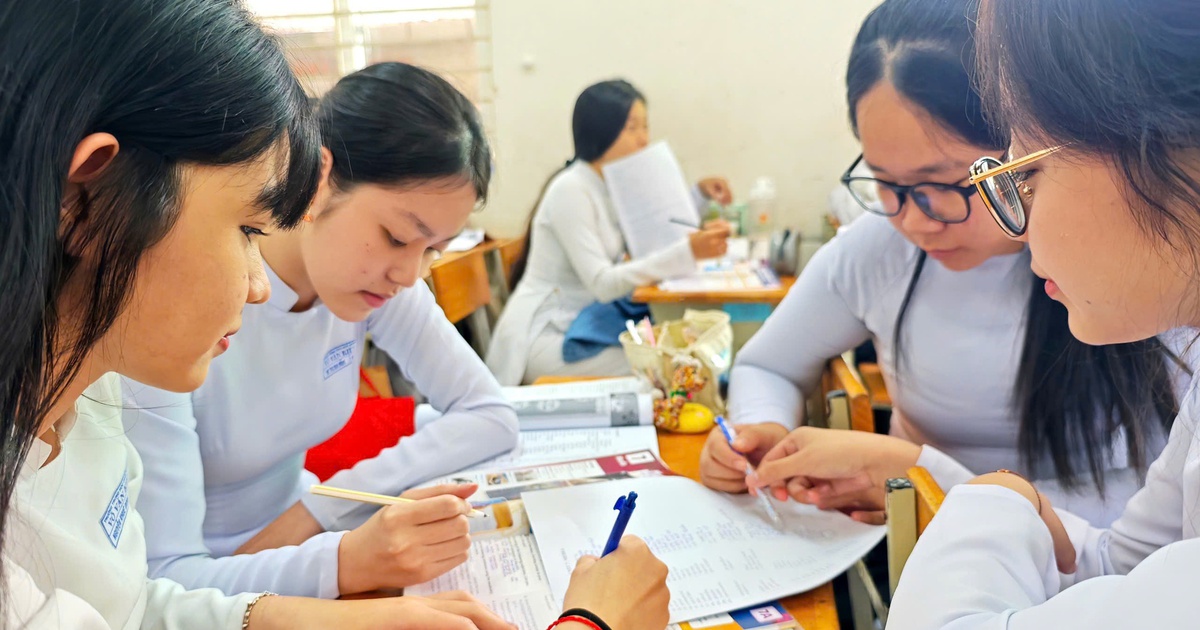
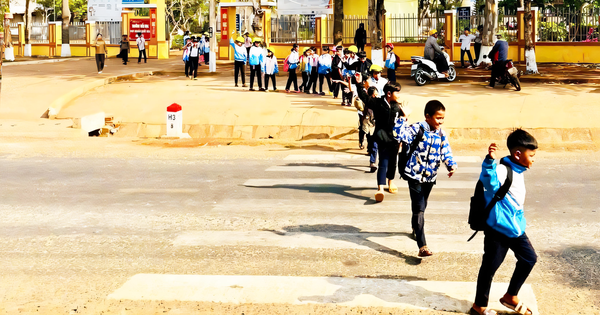






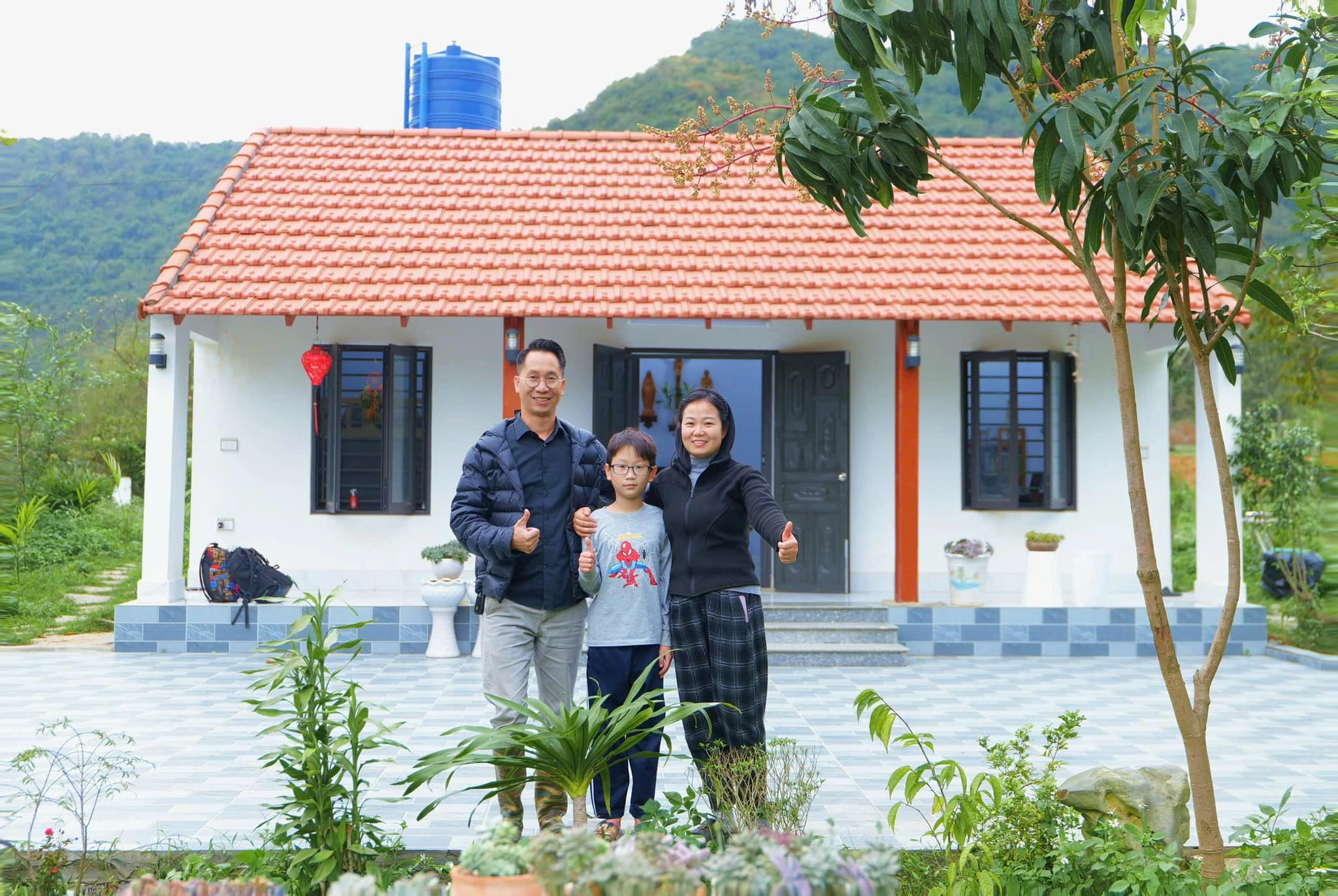

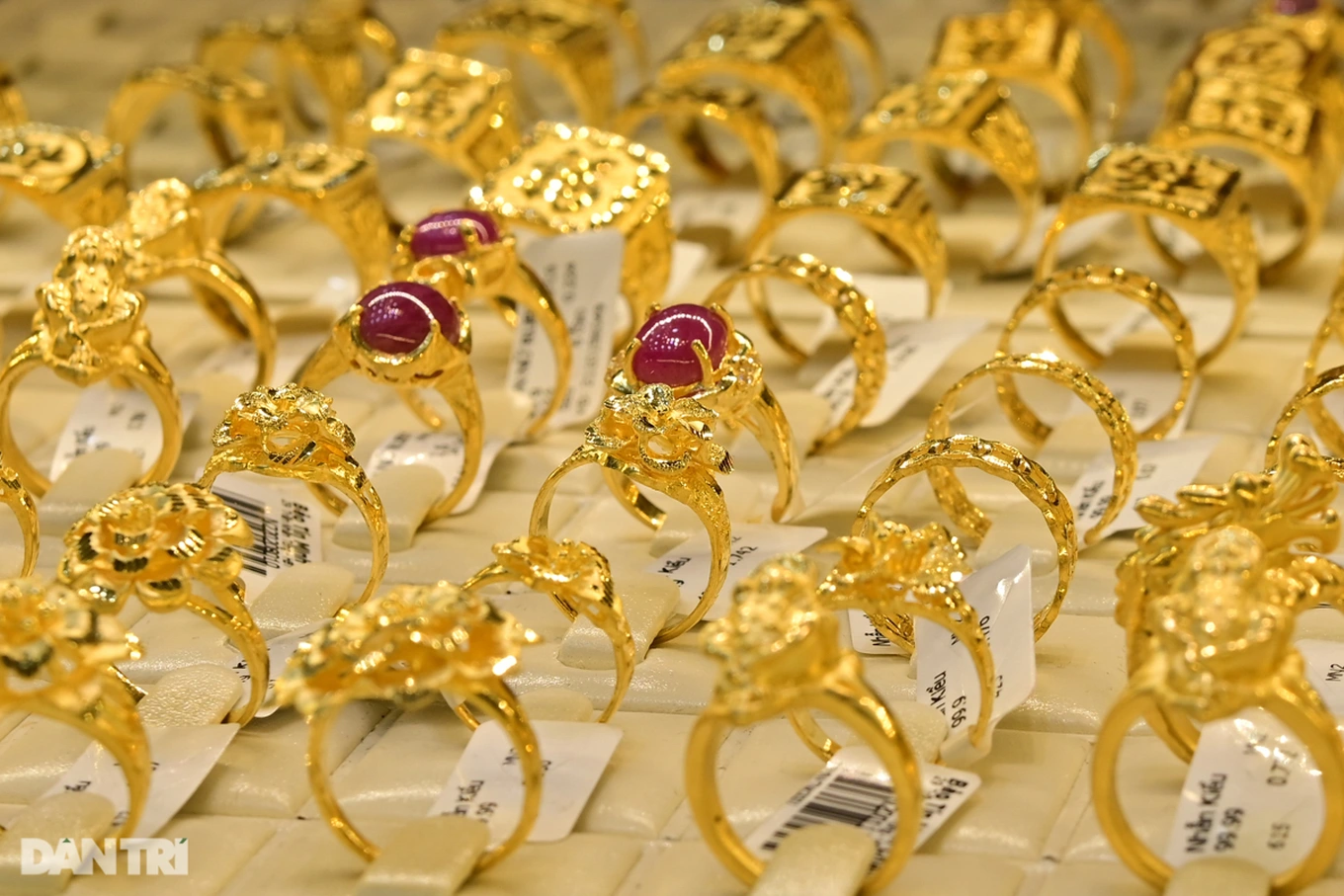
























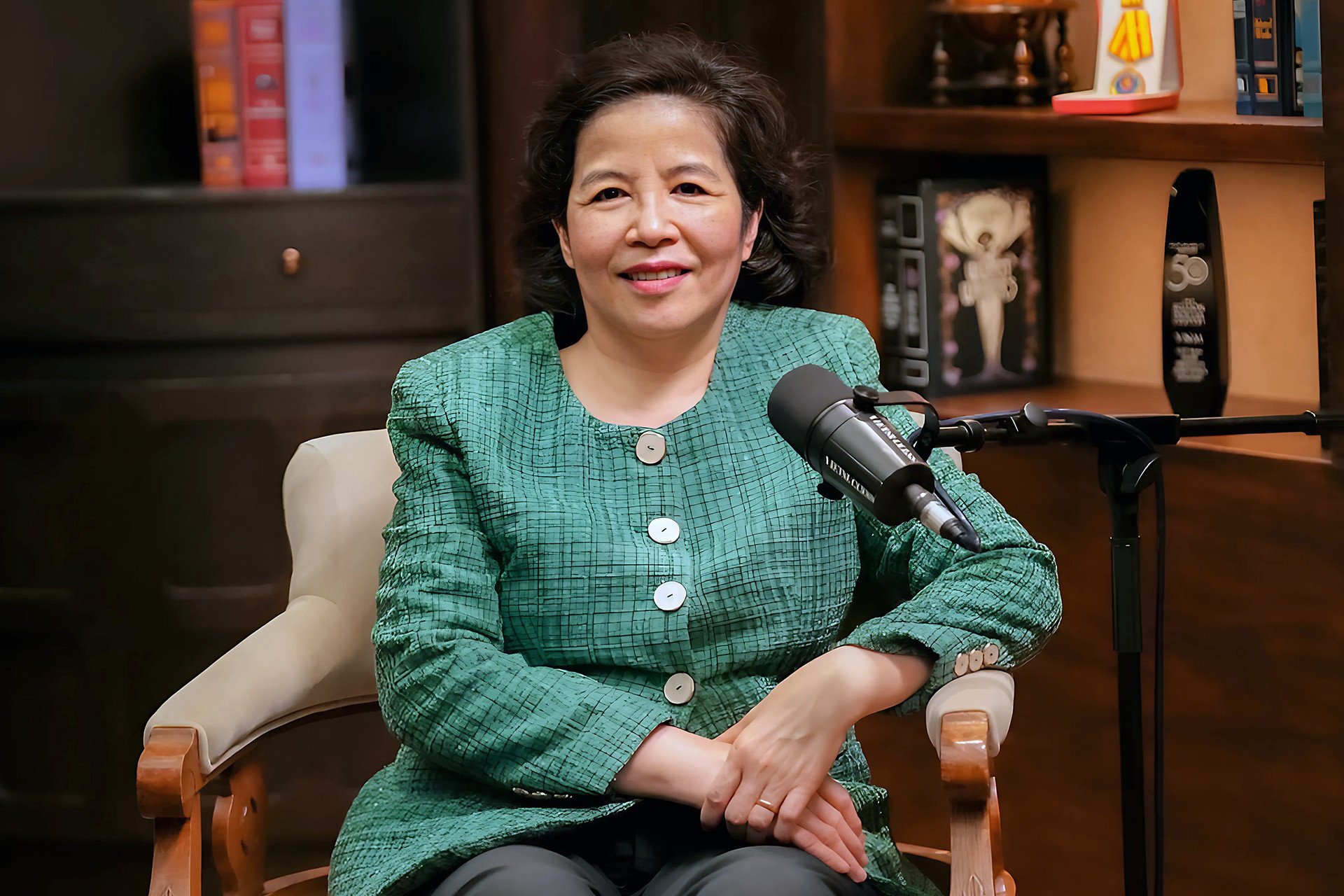



















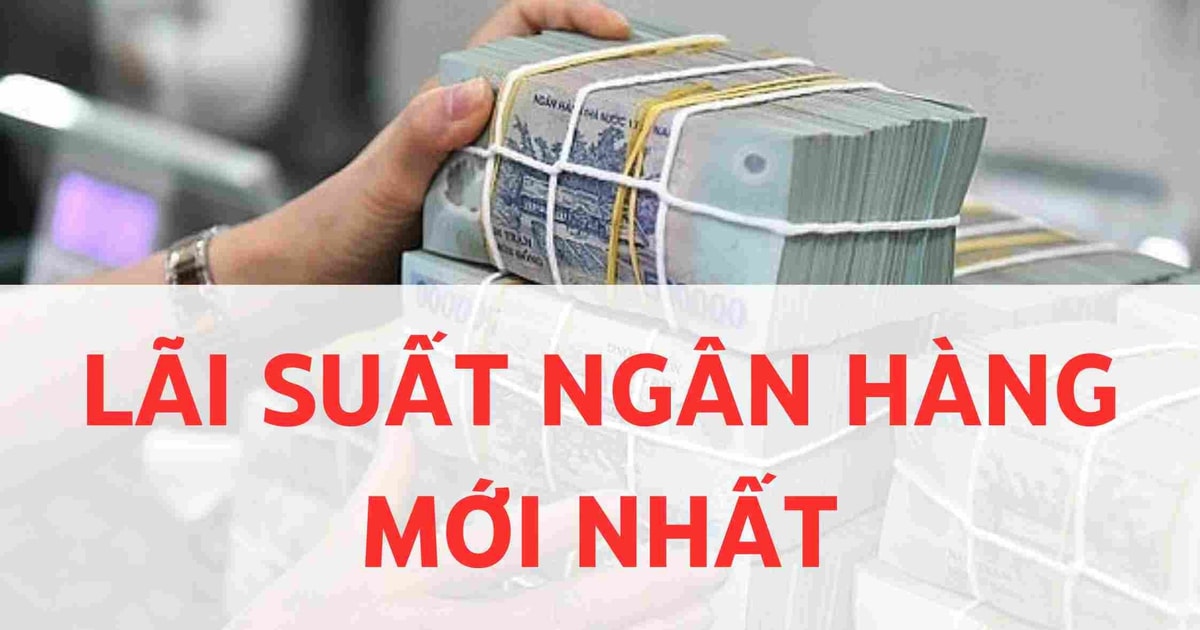



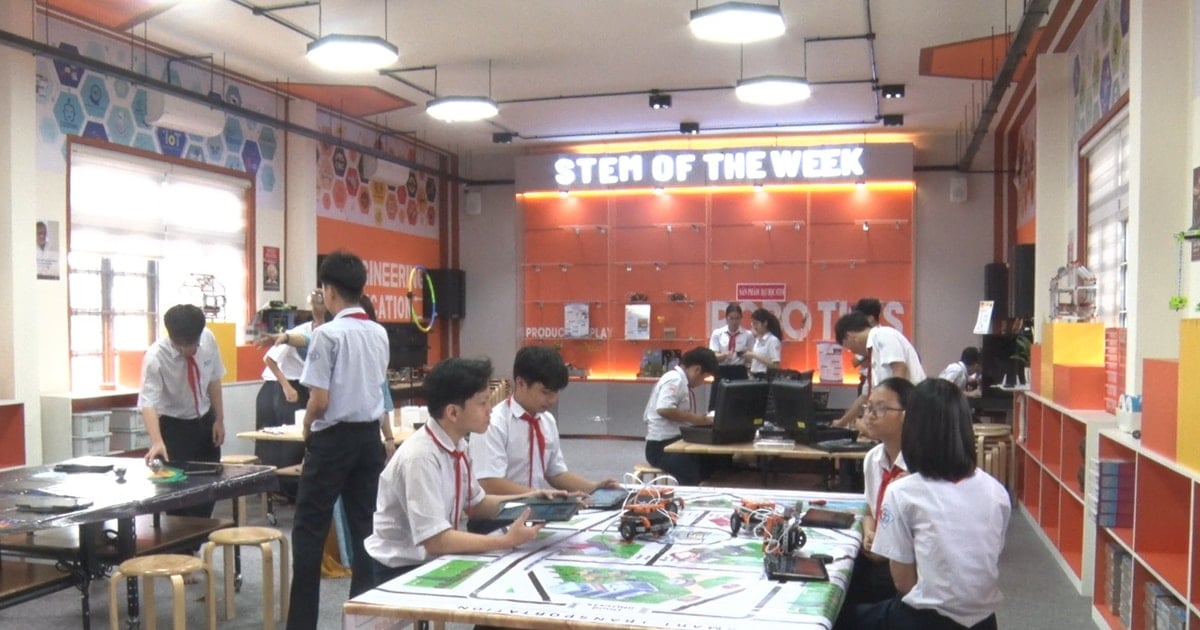



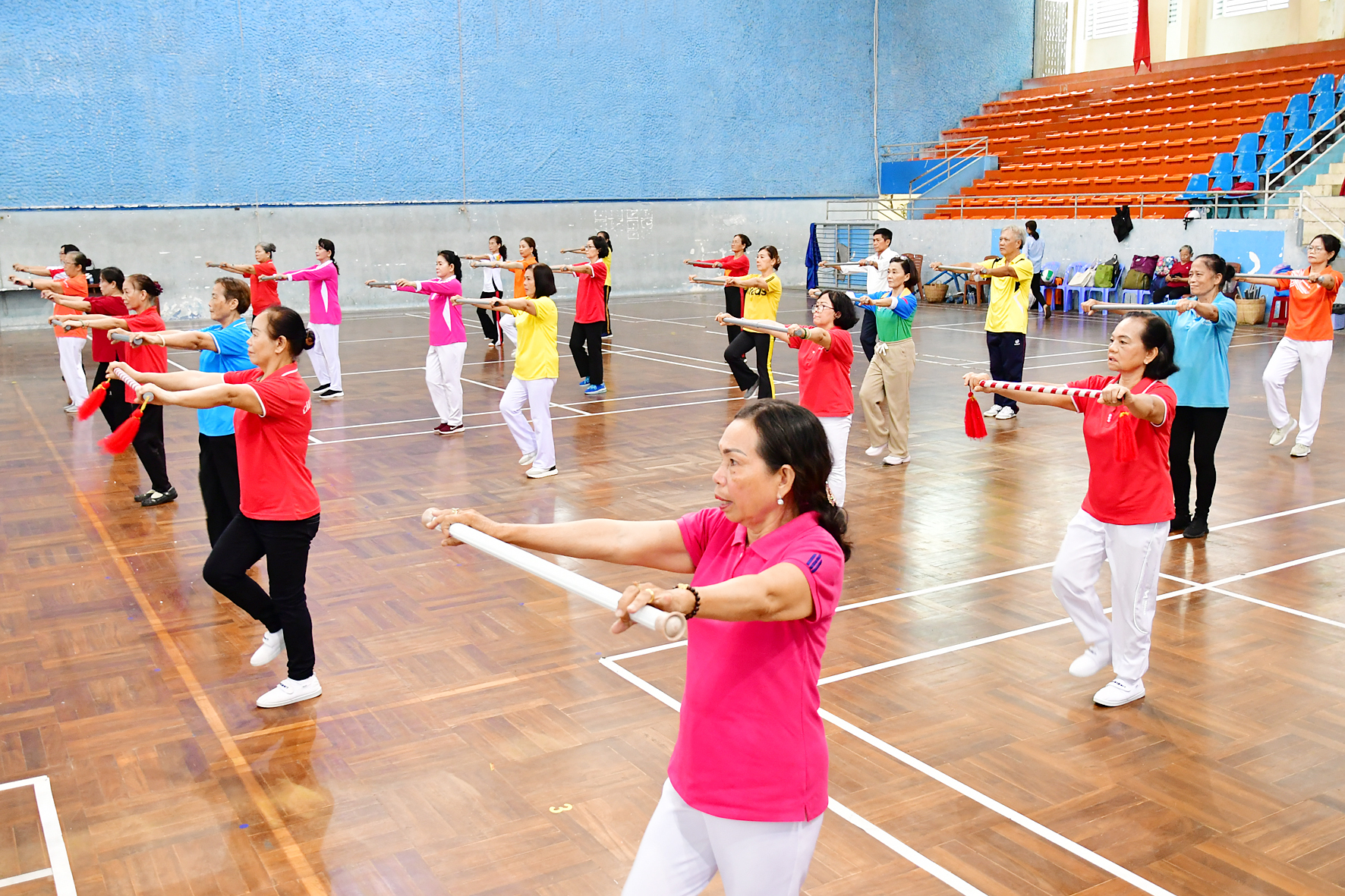








Comment (0)